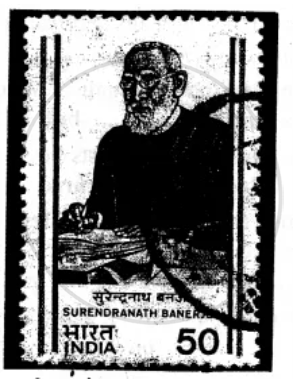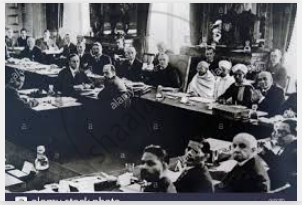Advertisements
Advertisements
Question
Collect additional information about the leaders of early phase of Indian National Congress with the help of internet.
Solution
The early phase of the Indian national congress had efficient and great leaders. They made social reforms that could make huge changes in the minds of common people. The leaders are:
- SURENDRANATH BANERJEE:

Sir Surendranath Banerjee (10 November 1848 – 6 August 1925) was one of the earliest Indian political leaders during the British Raj. He founded the Indian National Association, through which he led two sessions of the Indian National Conference in 1883 and 1885 along with Anandamohan Bose. Banerjee later became a senior leader of the Indian National Congress. He was editor of "The Bengali" newspaper. - GOPALAKRISHNA GOKHALE:

Gopal Krishna Gokhale ( 9 May 1866 – 19 February 1915) was one of the political leaders and a social reformer during the Indian Independence Movement against the British Empire in India. Gokhale was a senior leader of the Indian National Congress and founder of the Servants of India Society. Through the Society as well as the Congress and other legislative bodies he served in, Gokhale campaigned for Indian self-rule and also social reform. He was the leader of the moderate faction of the Congress party that advocated reforms by working with existing government institutions. - ALLAN OCTAVIAN HUME:

Allan Octavian Hume (6 June 1829 – 31 July 1912) was a member of the Imperial Civil Service (later the Indian Civil Service), a political reformer, ornithologist and botanist who worked in British India. He was one of the founders of the Indian National Congress, a political party that was later to lead in the Indian independence movement. A notable ornithologist, Hume has been called "the Father of Indian Ornithology" and, by those who found him dogmatic, "the Pope of Indian Ornithology." - DADABHAI NAOROJI:

Dadabhai Naoroji (4 September 1825 – 30 June 1917), known as the Grand Old Man of India, was a Parsi intellectual, educator, cotton trader, and an early Indian political and social leader. He was a Liberal Party member of Parliament (MP) in the United Kingdom House of Commons between 1892 and 1895 and the first Indian to be a British MP, notwithstanding the Anglo-Indian MP David Ochterlony Dyce Sombre, who was disenfranchised for corruption.
Naoroji is also credited with the founding of the Indian National Congress along with A.O. Hume and Dinshaw Edulji Wacha. His book Poverty and Un-British Rule in India brought attention to the draining of India's wealth into Britain. He was also a member of the Second International along with Kautsky and Plekhanov.
In 2014, Deputy Prime Minister Nick Clegg inaugurated the Dadabhai Naoroji Awards for services to UK-India relations.
These are the additional details of the leaders of the early phase of the Indian national congress, collected with the help of INTERNET.
RELATED QUESTIONS
Explain the following statement with reasons.
Two groups were formed in the Indian National Congress.
Write a short note.
Four-point program of Indian National Congress.
State whether the following is true or false:
The Revolt of 1857 had failed to rid India of foreign rule
Answer the following question in one or two words/ sentences:
Why was the Ilbert Bill introduced and by whom?
Answer the following question briefly:
In the context of the causes of the rise of Indian nationalism, answer the following question:
Examine the role of modern transport and communication in fostering unity and nationalism among the people.
This is the picture of a person who was dismissed from the Indian Civil Service by the British on flimsy grounds.
Name the conference that he held in 1883.
Answer the following question:
Why did India accept the partition proposal even though it did not accept the two-nation theory?
Look at the picture given below and answer the following question.

When and where was this conference held?
Look at the picture given below and answer the following question.

Who were the main participants in this conference?
Fill in the blank:
The British shattered the _______ village economy.
